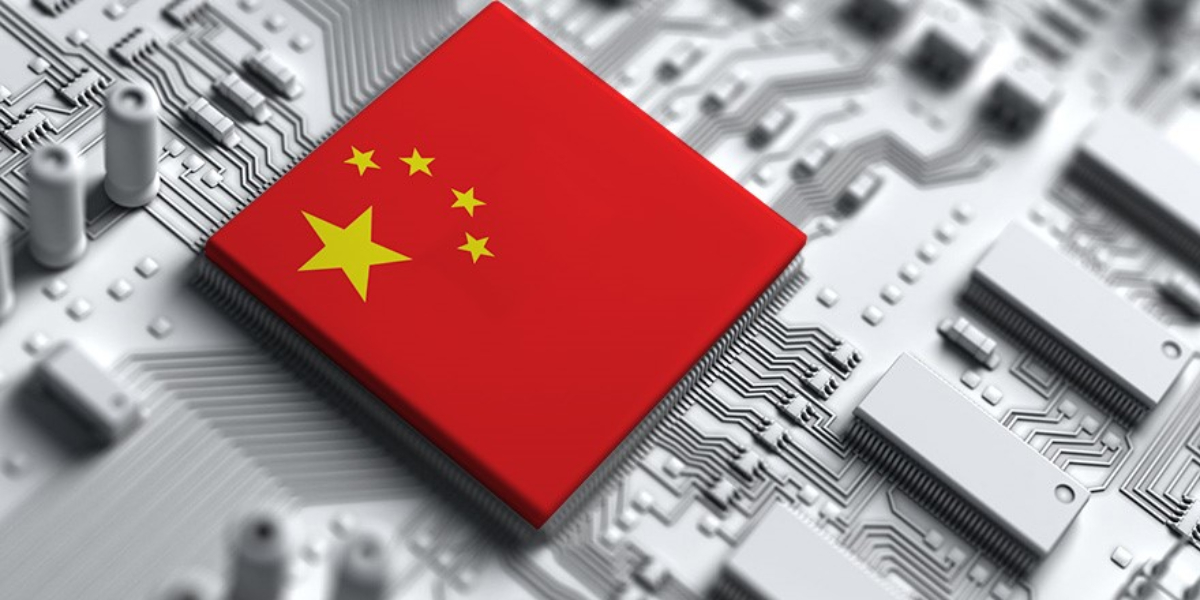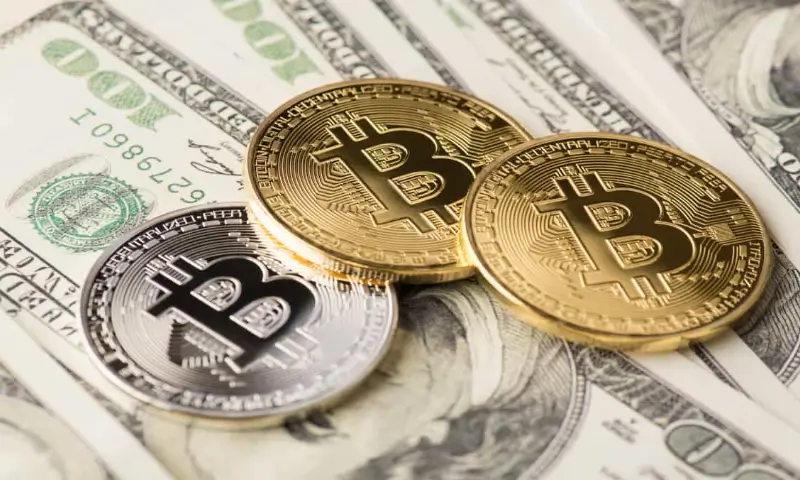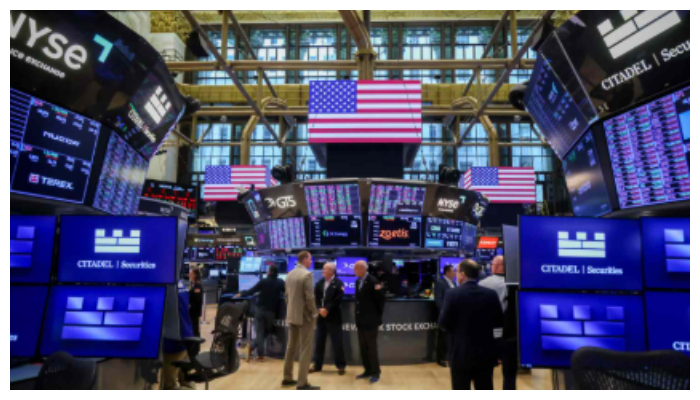HONG KONG: China after a brutal regulatory blitz that has crippled some of China’s top enterprises at a time when the economy is slowing, the country is attempting to resurrect its massive digital industry.
Vice Premier Liu said Tuesday that the government will “properly manage” the connection between the government and the market. The government would back IT businesses to list in both domestic and global markets. President Xi Jinping’s chief economic adviser is Liu.
He was addressing a conference with other politicians and Chinese tech executives, including Robin Li, the CEO of Baidu (BIDU), William Ding, the CEO of NetEase (NTES), and Zhou Hongyi, the CEO of Qihoo 360 Technologies, an internet security firm.
Following Liu’s remarks, Chinese stocks on Wall Street soared, but Hong Kong markets were generally down on Wednesday. This indicates that the market remains apprehensive about China’s big internet businesses’ growth prospects and is searching for more precise assurances from the government.
Tencent (TCEHY) reported 0% revenue growth in the first quarter, a worse result than predicted, confirming those concerns.
The massive tech sector has been scarred by Beijing’s year-long regulatory campaign. The effort, combined with a faltering economy, has wiped $1 trillion off the market value of Chinese enterprises. Many tech companies have reported poor earnings or have slashed tens of thousands of people to decrease costs.
As a result of Covid lockdowns, the Chinese economy will shrink in the second quarter. Last month, consumer spending and factory output both fell dramatically, as unemployment reached its highest level since the early 2020 coronavirus pandemic.
At the symposium, tech Corporate leaders applauded Liu’s remarks.
Qihoo 360’s Zhou claimed on Weibo that the encounter gave him “confidence and support” “At this moment, confidence and support are more precious than gold,” he remarked.
Following Liu’s remarks, the Nasdaq Golden Dragon China Benchmark, a prominent index that tracks Chinese companies listed on Wall Street, increased by more than 5% overnight. On the New York Stock Exchange, Alibaba (BABA) jumped more than 6%. Baidu’s stock increased by 4.8 percent.
On Tuesday, the larger US market finished higher as well. The Dow Jones Industrial Average ended the day with a gain of 1.3 percent. The S&P 500 climbed 2%, while the Nasdaq Composite gained 2.8 percent.
“While the [symposium] did not include much new context in our view, we do believe the meeting suggests another positive regulatory signal towards the platform economy and supportive attitude of internet companies seeking listing in overseas markets,” said Citi analysts on Wednesday.
On Wednesday, though, Asian markets were pulled down by Liu’s lack of clarity.
On Wednesday, the Hang Seng IT Indicator, a key index for Chinese tech companies registered in Hong Kong, fell as high as 2.3 percent. It was down 0.3 percent at the time of writing. After tumultuous trading, the Hang Seng Index ended up 0.2 percent higher.
BABA is down 0.6 percent. Tencent (TCEHY) is currently down 0.8 percent. In China, Kuaishou, a competitor to TikTok, declined 2.5 percent.
According to Ken Cheung, chief Asian FX strategist at Mizuho Bank, “Chinese government appears to be running out of policy tools to support growth,”
According to Cheung, the rising adverse risks to growth may have led the leadership to hastily cease the tech crackdown. However, he added that restoring investor trust may take longer.
The Tech industry of China continues to struggle, as evidenced by recent earnings.
JD.com announced on Monday that its quarterly revenue growth was the slowest since it went public in 2014.
Earlier this year, Alibaba and e-commerce business Pinduoduo recorded their slowest sales growth as public firms in the December quarter.
For the latest Business News Follow BOL News on Google News. Read more on Latest Business News on oldsite.bolnews.com





















